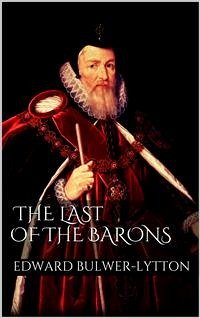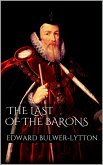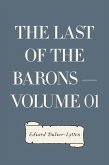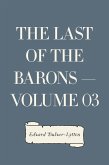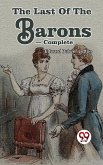Westward, beyond the still pleasant, but even then no longer solitary, hamlet of Charing, a broad space, broken here and there by scattered houses and venerable pollards, in the early spring of 1467, presented the rural scene for the sports and pastimes of the inhabitants of Westminster and London. Scarcely need we say that open spaces for the popular games and diversions were then numerous in the suburbs of the metropolis,—grateful to some the fresh pools of Islington; to others, the grass–bare fields of Finsbury; to all, the hedgeless plains of vast Mile–end. But the site to which we are now summoned was a new and maiden holiday–ground, lately bestowed upon the townsfolk of Westminster by the powerful Earl of Warwick.
Bitte wählen Sie Ihr Anliegen aus.
Rechnungen
Retourenschein anfordern
Bestellstatus
Storno

